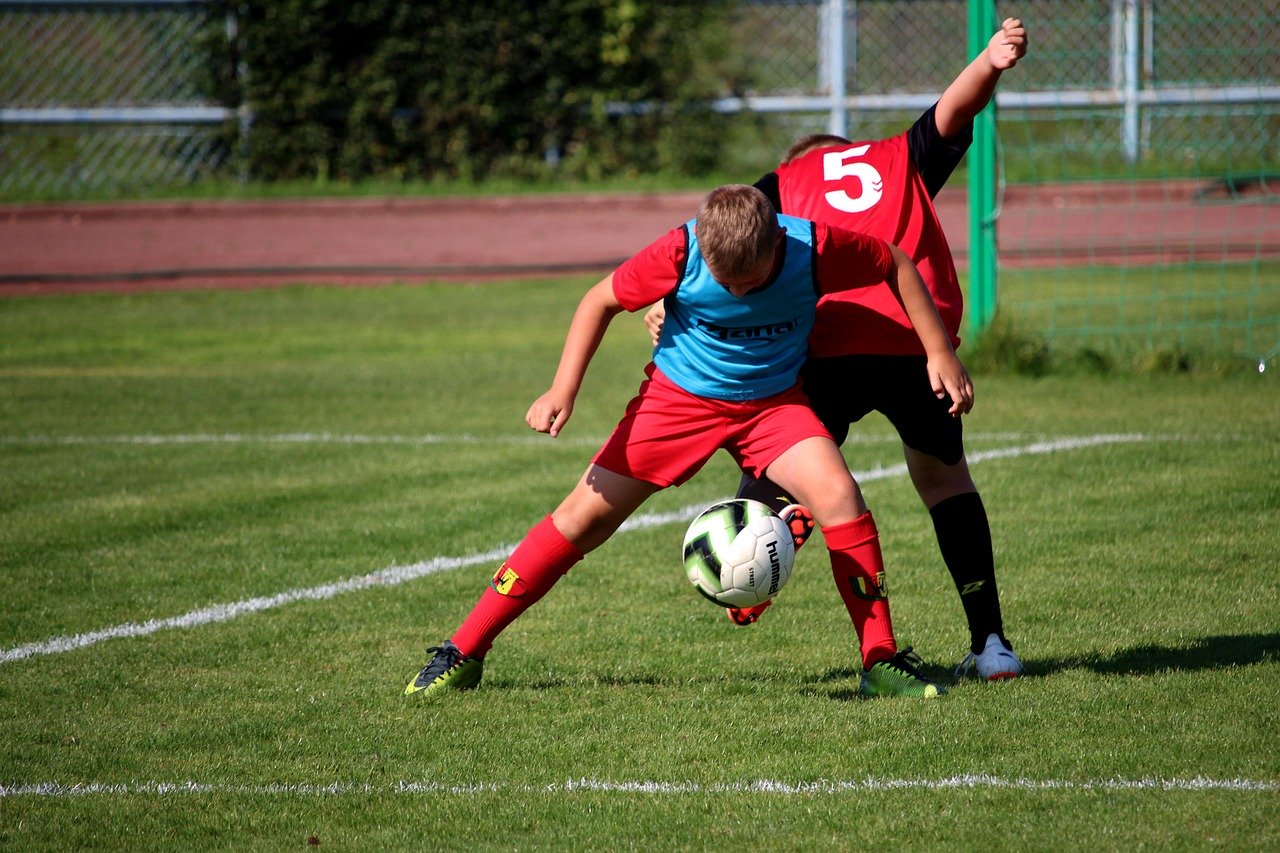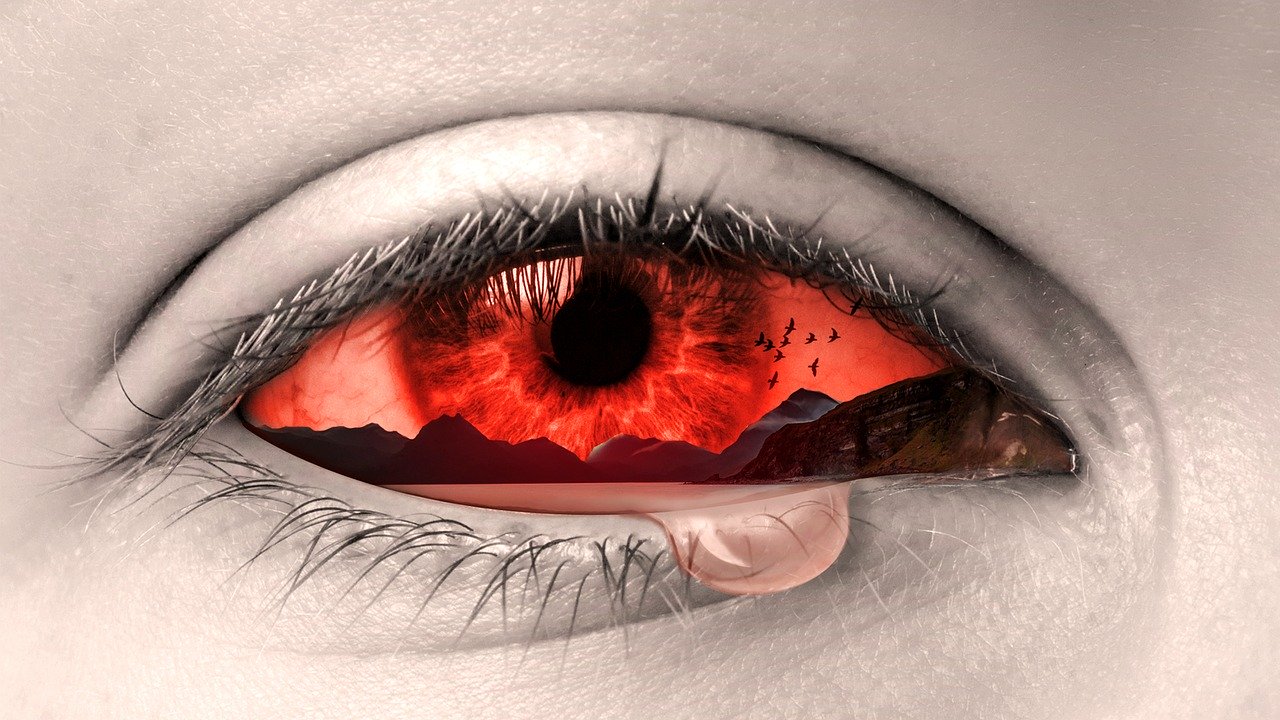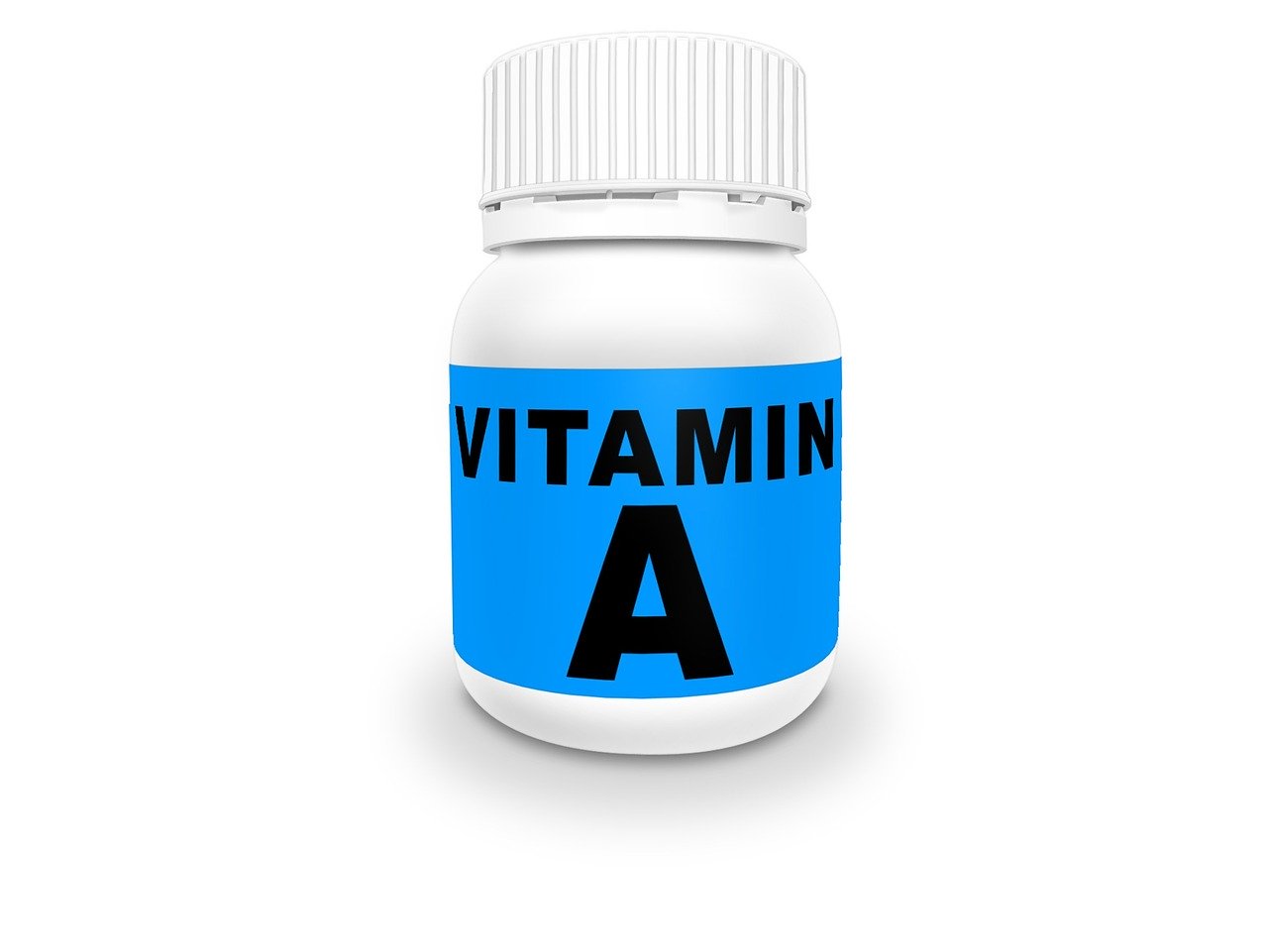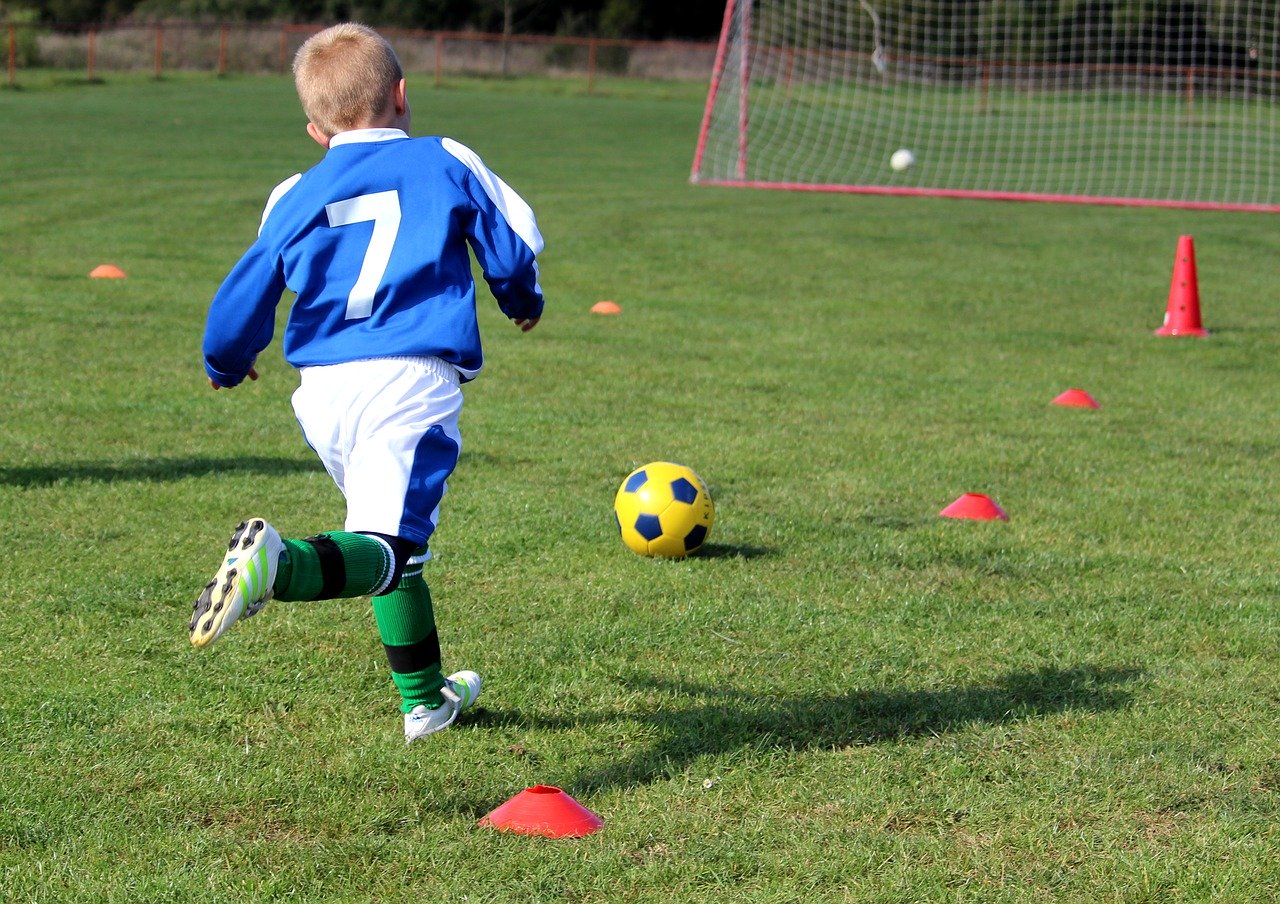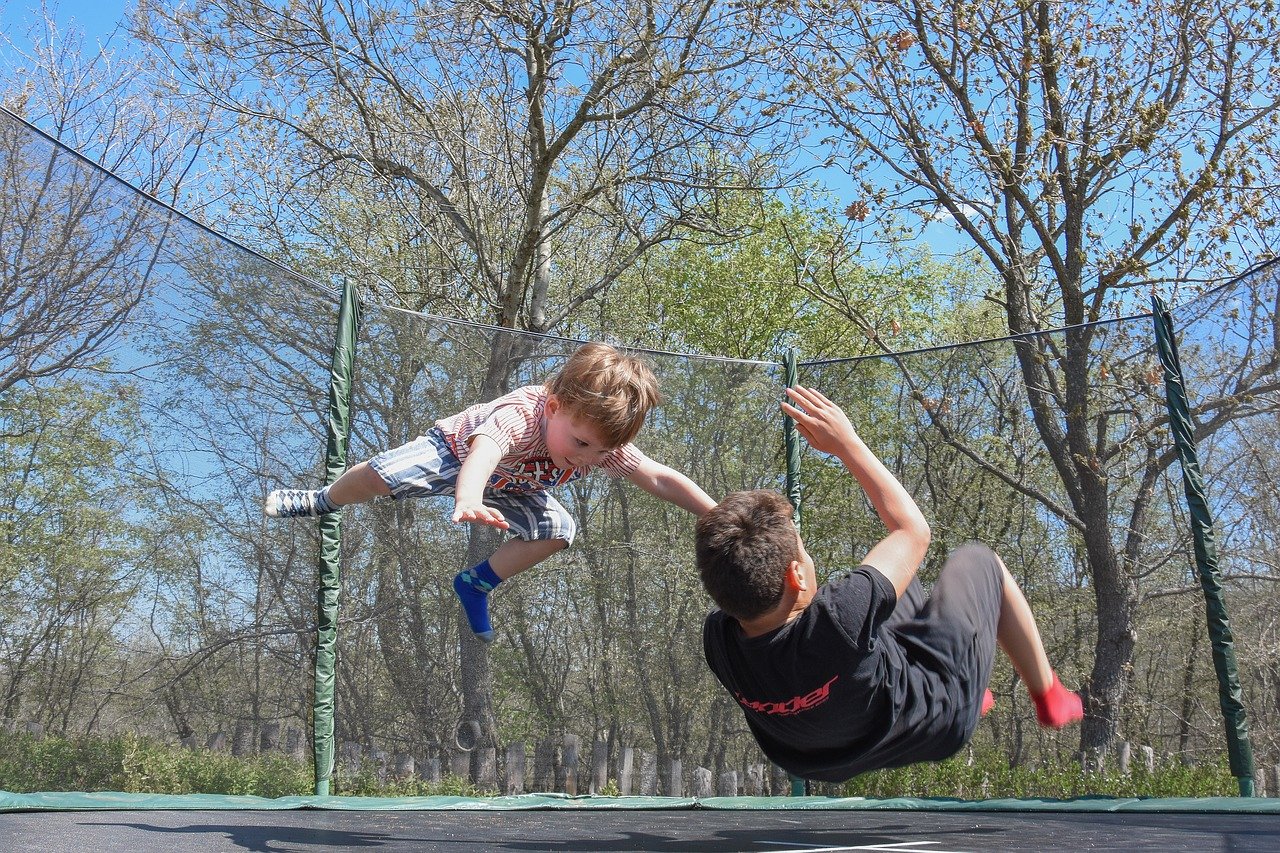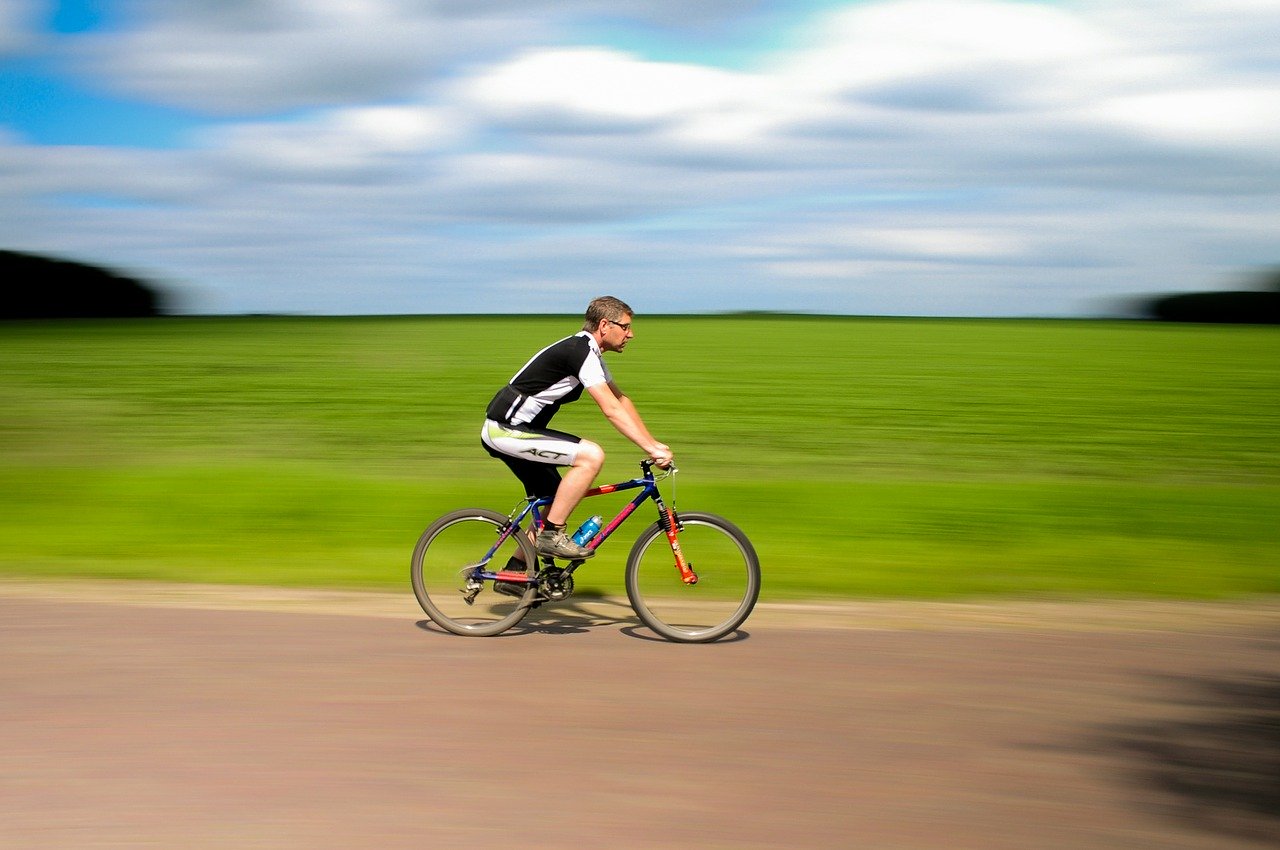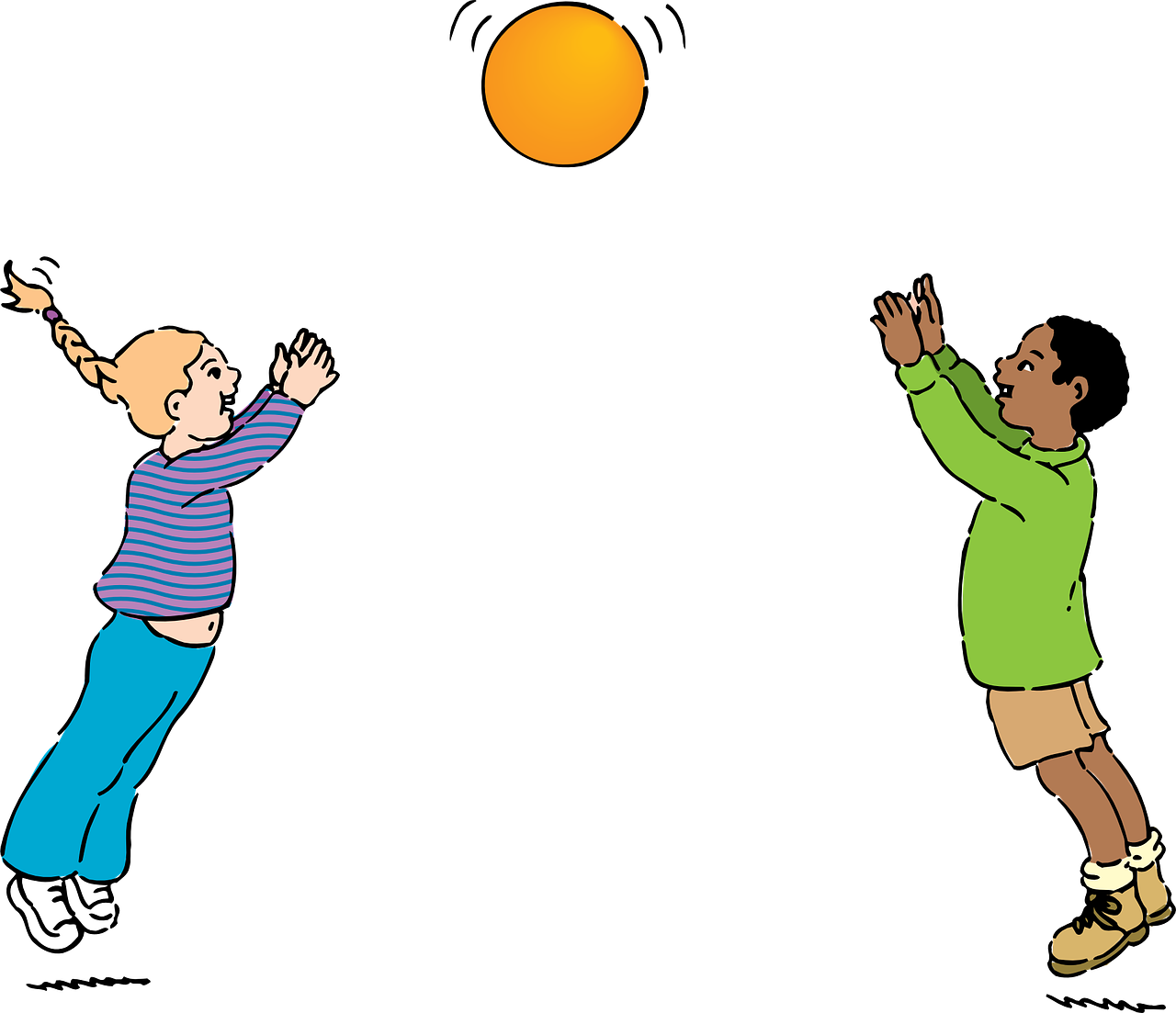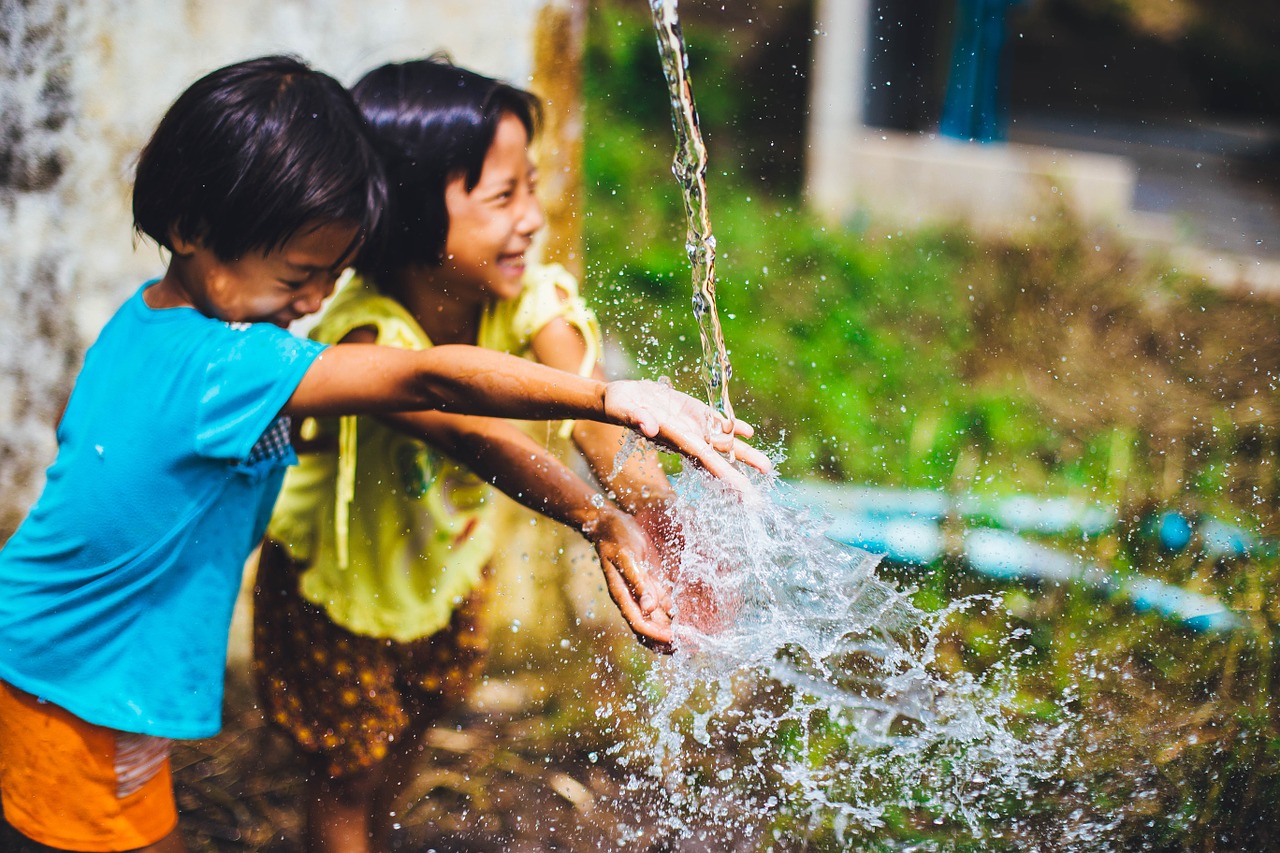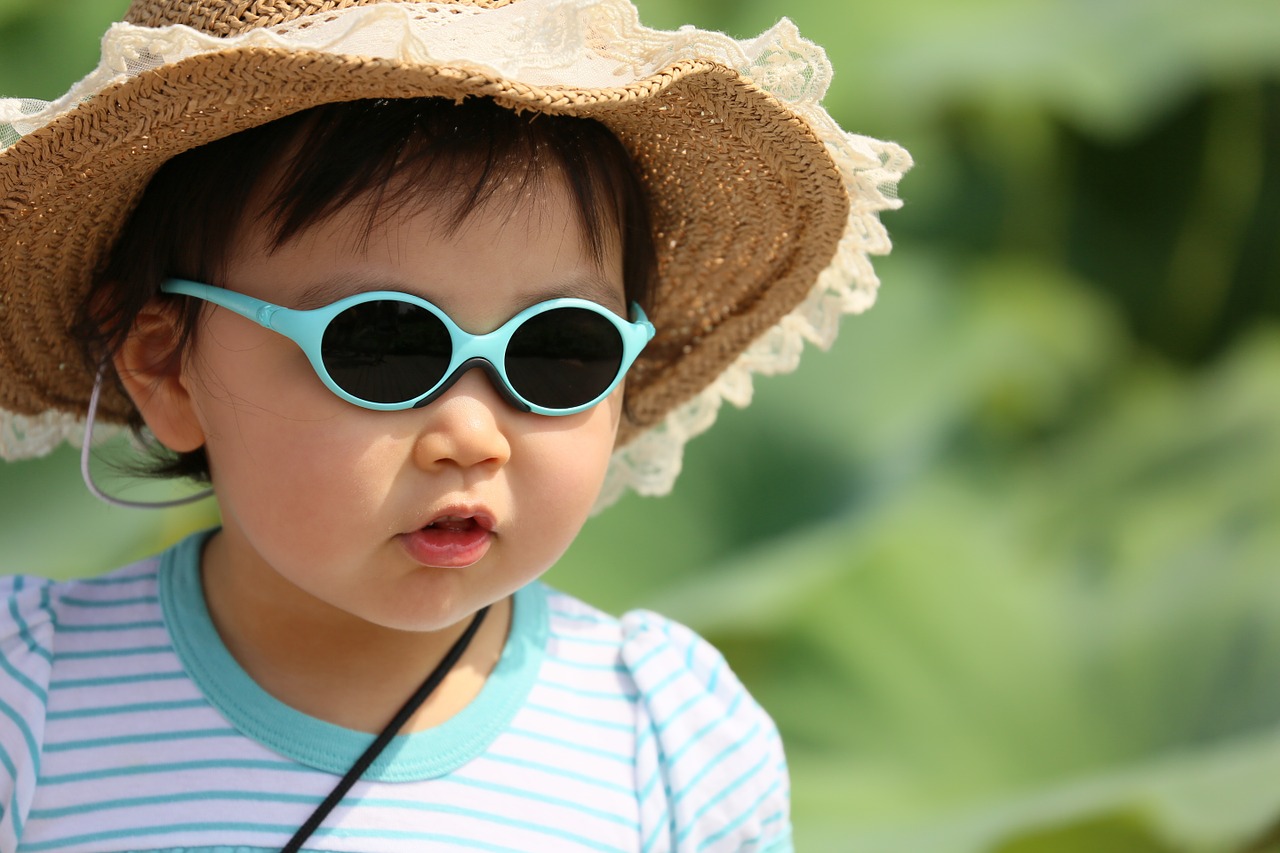In October 2019 researchers from China and the USA published the results of their study to assess the effect of air pollution on the risk of myopia (near/short sightedness) with … Read more
The risk of myopia (near/short sightedness) in children appears to increase in line with exposure to increasing amounts of air pollution
In November 2019 researchers from Taiwan published the results of their study to assess the effect of long-term exposure to air pollution on the risk of myopia (near/short sightedness) in … Read more
Anger, self-confidence, irritability, loss of appetite, and a loss of interest in leisure activities appear to be associated with a decline in the quality of life in carers of children with primary congenital glaucoma
In September 2019 researchers from India published the results of their study to assess the quality of life in caregivers of children with primary congenital glaucoma. A total of 70 … Read more
Academic study styles which involve intensive reading and other close-work activities appear to play a role in the development and severity of near/shortsightedness in adolescents
In May 2019 researchers from Israel published the results of their study to assess the association between studying in different educational systems and the incidence and severity of myopia in … Read more
Berberine supplementation may delay the development of dementia by preventing brain damage, improving cognition, and by reducing risk factors such as metabolic dysfunction, and cardiovascular, kidney and liver diseases
In March 2020 researchers from Japan, UK and Hong Kong published their review of the medical scientific literature to assess the potential of berberine as a treatment for dementia associated … Read more
More time spent outdoors and a longer writing/reading distance appear to reduce the risk of near/shortsightedness in adolescents, whereas time spent doing close work appears to increase the risk
In August 2019 researchers from China published the results of their study to assess risk factors for near/shortsightedness among schoolchildren. The researchers stated that in recent decades, the incidence of … Read more
Drinking green tea may have a significant effect on eye tear film quality, with the tear quality appearing to decrease following the consumption of green tea
In April 2019 researchers from Saudi Arabia published the results of their study to assess the effect of a single dose of green tea on the quality and quantity of … Read more
Short-term oral vitamin A supplementation may improve the quality, but not the quantity, of tears in individuals with dry eye
In April 2019 researchers from Saudi Arabia published their study to assess the effects of short-term oral vitamin A supplementation on the ocular tear film in individuals with dry eye. … Read more
Outdoor activity reduces the risk of childhood near/short sightedness
In May 2019 researchers from the USA published their review on the cause of near/short sightedness in childhood. Today’s popular press is filled with reports of children’s digital device use … Read more
Children living in Singapore are exposed to significantly less daily outdoor light than Australian children, which may be a factor in the higher incidence of near/short sightedness in Singapore
In May 2018 researchers from Australia and Singapore published the results of their study to assess patterns of daily light exposure in similarly aged children. It is known that the … Read more
Parental near/short sightedness, age when a child starts to wear glasses, and more time spent on reading and close work and less on outdoor activities in childhood appear to be associated with a high degree of near/short sightedness
In August 2019 researchers from Finland published the results of their study to assess the risk factors for near/short sightedness. A total of 240 schoolchildren (119 boys, 121 girls; average … Read more
Outdoor sports and physical activities may produce social and psychological benefits and help prevent vitamin D deficiency, multiple sclerosis, osteoporosis and near/short sightedness
In May 2019 researchers from Italy published their review on the effect of regular outdoor sports and physical activities across all age groups. They stated that the benefits of cutting-edge … Read more
School-aged children have a slightly lower risk of developing near/short sightedness and a lower myopic shift rate with a higher number of hours spent undertaking outdoor activities
In April 2019 researchers from the USA published the results of their review of the medical scientific literature to assess whether increased outdoor activity reduced the risk of developing near/short … Read more
Time spent outdoors appears to help protect against near/short sightedness
In August 2019 researchers from China published the results of their review of the medical scientific literature to assess whether spending time outdoors helps protect against near/short sightedness. A total … Read more
Outdoor activities and daylight appear to have a protective effect against progression of near/short sightedness and younger children with significant near/short sightedness should be monitored closely, especially those around 6 years old with parents who are near/short sighted
In January 2019 researchers from Spain and Brazil published the results of their study to assess potential risk factors for the progression of near/short sightedness. A total of 82 children, … Read more
Light levels outdoors are above the brightness level required to prevent near/short sightedness, even with adequate sun protection measures in the form of sunglasses, wearing a hat or being in the shade
In July 2019 researchers from Singapore and Malaysia published the results of their study to assess the impact of shade, hat and sunglasses on the risk of near/short sightedness. It … Read more
Omega-3 polyunsaturated fatty acids
Omega-3 polyunsaturated fatty acids also known as omega-3 PUFAs, omega-3 fatty acids and even “n-3s,”
In the 1970s, researchers from Demark discovered that although the Inuits in Greenland ate a … Read more
Both dark and milk chocolate improve visual acuity, but dark chocolate improves it more
In June 2018 researchers from the USA published the results of their study to assess the short-term effects of dark chocolate and milk chocolate on visual acuity and contrast sensitivity. … Read more
Researchers call for public awareness campaign on manufacturers advice to keep phones off the body, and for use of virtual reality devices to be limited
In May 2018 researchers from Brazil, USA and Israel published the results of their study to assess the absorption of wireless radiation, from cell phone conversations and virtual reality devices, … Read more






